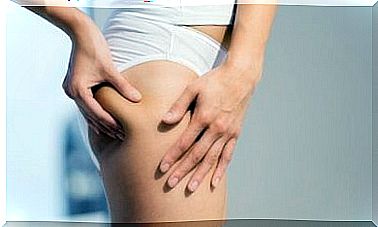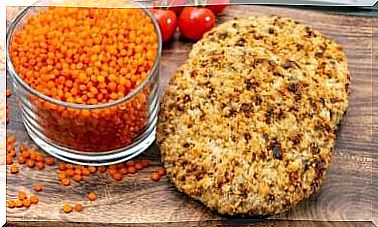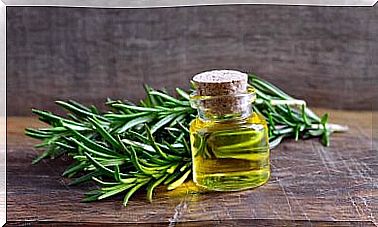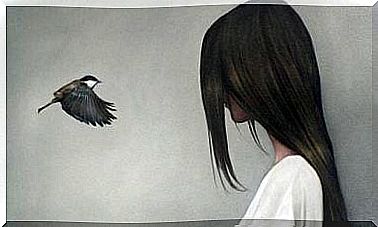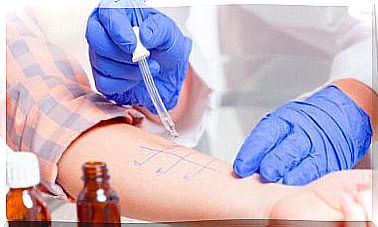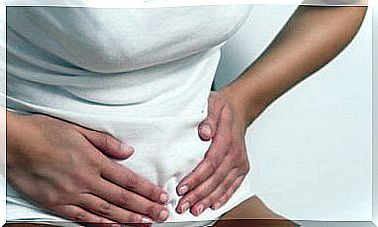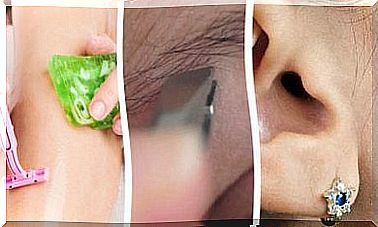Proteins – 7 Signs You’re Missing From Your Diet
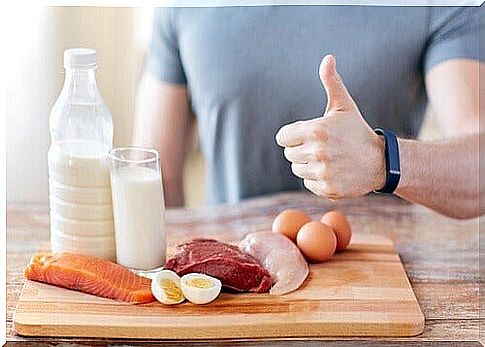
Proteins are fundamental to the development and renewal of cells in your body. Their absence will make you start receiving signals that are much clearer than you might imagine. If you think protein is something your diet is missing, check out the following symptoms your body may be sending out.
1. Cravings
Proteins balance blood sugar levels. If you do not eat properly, this process is disturbed and leads to a sudden craving for sweets.
2. Dry skin, weak hair and nails
If you don’t eat enough protein, your hair will start to weaken and fall out more often. The skin usually becomes dry and begins to peel off.

3. Problems with concentration
If you are having a hard time concentrating, it could be because of proteins, or more precisely, a lack of them. When your body does not receive them, you may experience a brief clarity of mind interspersed with a feeling of dullness.
It is caused by fluctuating blood sugar levels, which directly affects your brain.
4. Pain in muscles and joints
If you have noticed that your muscles are weakened and your joints are in pain even if you haven’t exercised recently, the problem may be a lack of protein.

Proteins are essential for building body tissues, especially muscles.
5. Slow regeneration
If your diet is low in protein, your wounds will take longer to heal than usual. Remember that proteins are essential for the proper regeneration and development of new cells. In addition, they are also responsible for strengthening your immune system.
6. Fluid retention
A poor protein-poor diet can cause fluid retention, causing your limbs to swell.
Try to avoid alcohol and excessive salt, eat well-balanced meals and drink plenty of water.
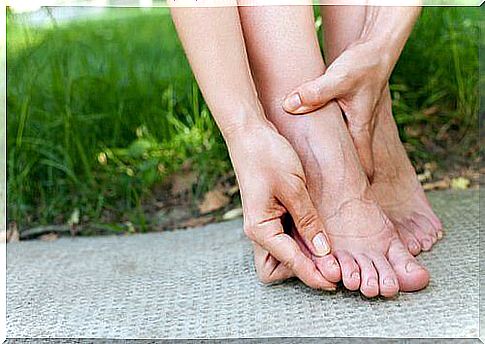
7. Impaired immune system
Protein deficiency weakens your immune system. This, in turn, leads to a general weakening of the body and susceptibility to various types of diseases.
A diet rich in proteins
If you are not consuming enough protein and have noticed any of the symptoms above, it is time to include protein-rich foods in your diet.
Eat more of the following products:
Lentils
- Every 100 grams contains 18 grams of protein. It is also rich in iron.
- Lentils help to rebuild the body’s cells and prevent premature aging.
Spinach
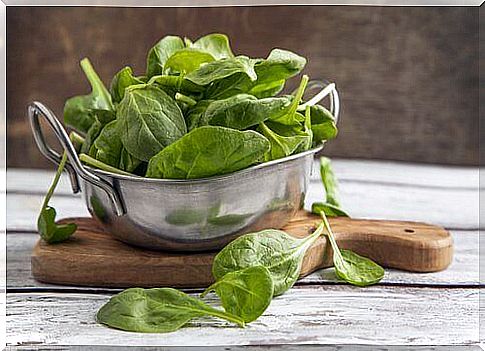
- Spinach is great for when you’re short on protein, and a good source of calcium and iron.
- You can eat it raw, add it to salads or to your dishes. Cooking spinach increases its protein content fivefold, and the level of iron increases.
Nuts and grains
- They contain a lot of protein and fiber, which helps to prevent constipation.
- All you have to do is eat more of them to see the difference.
Meat
Meat is a great source of protein.
- Chicken breast is low in calories and rich in proteins (26g per 100g).
- Roasted turkey is also not fat, and even has a little more protein (29g per 100g of meat).
- A steak, on the other hand, contains 21 grams of protein per 100 grams of meat.
- Finally, ham equals 30 grams of protein per 100 grams of meat.
